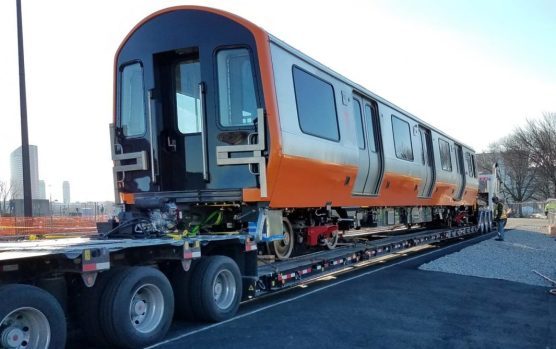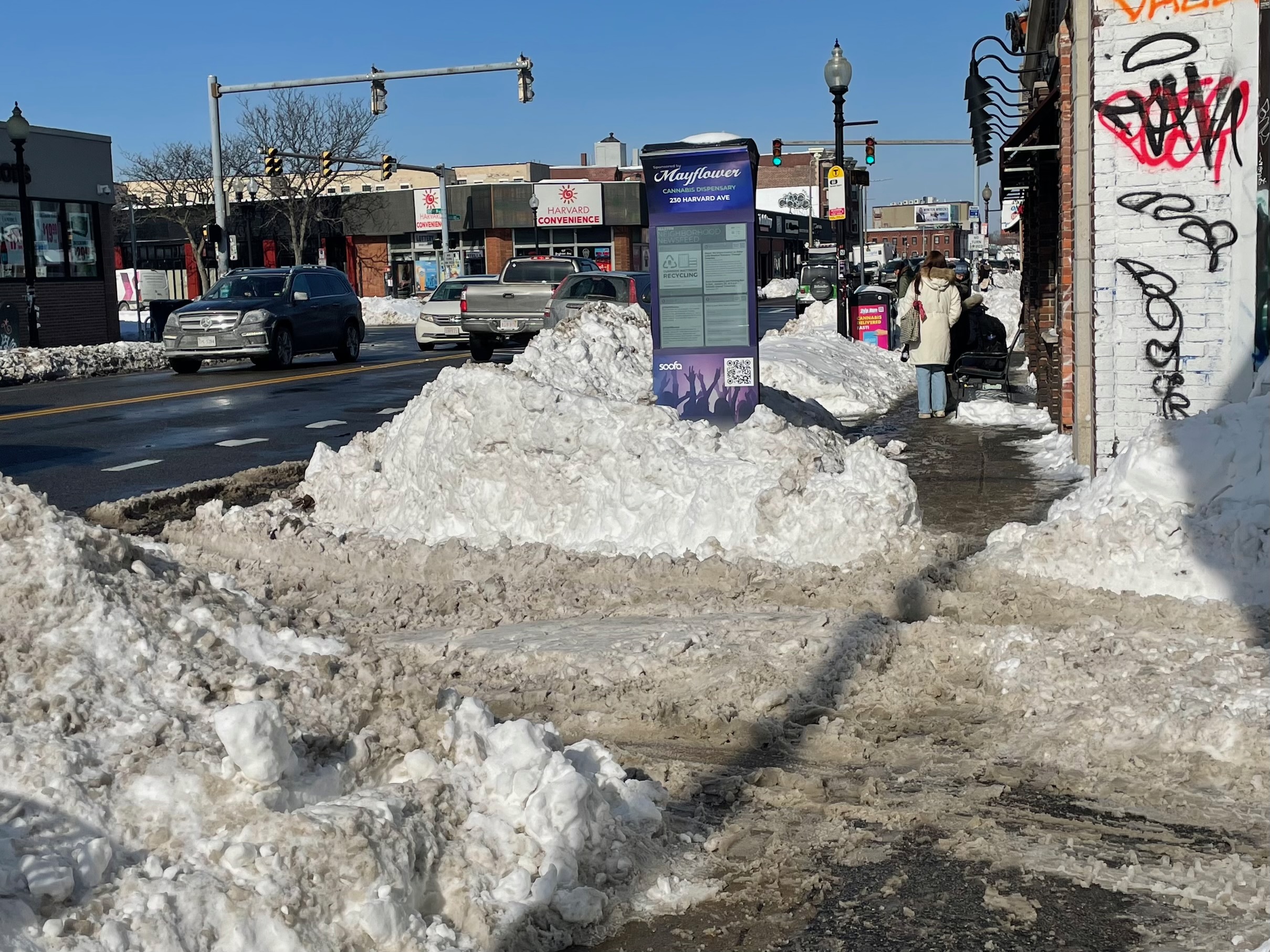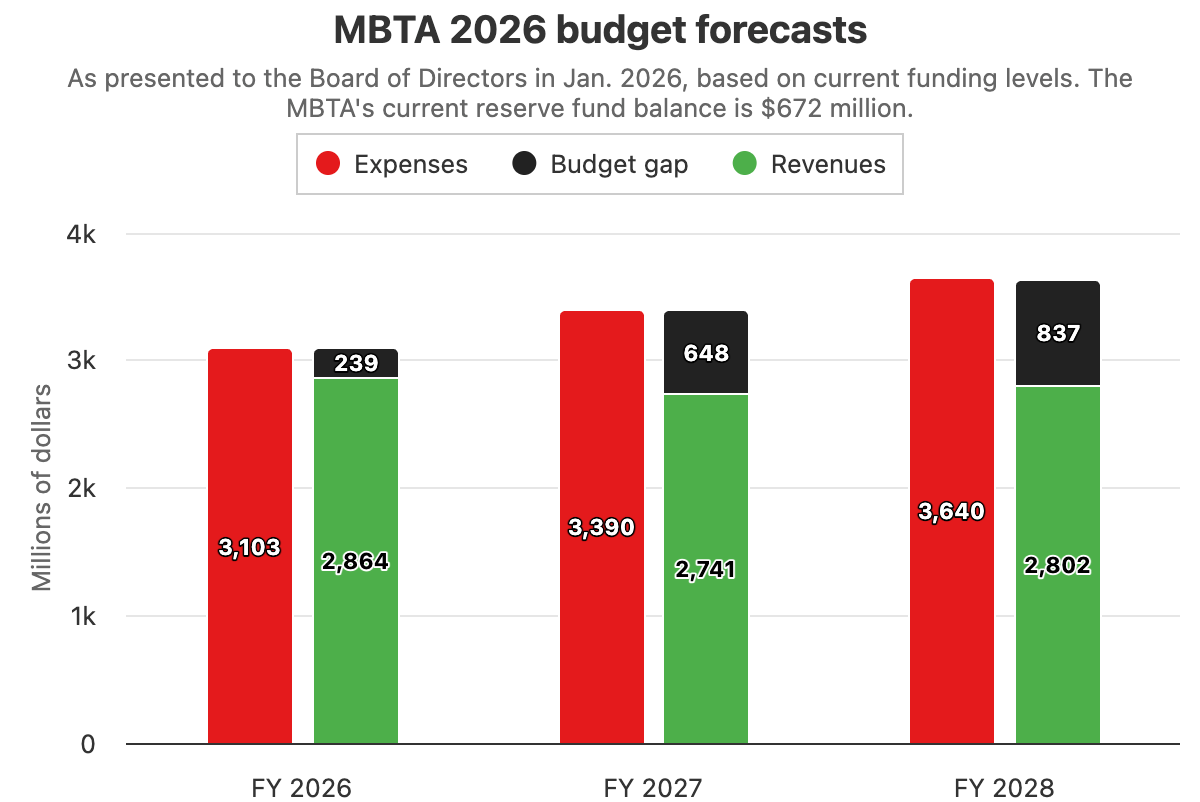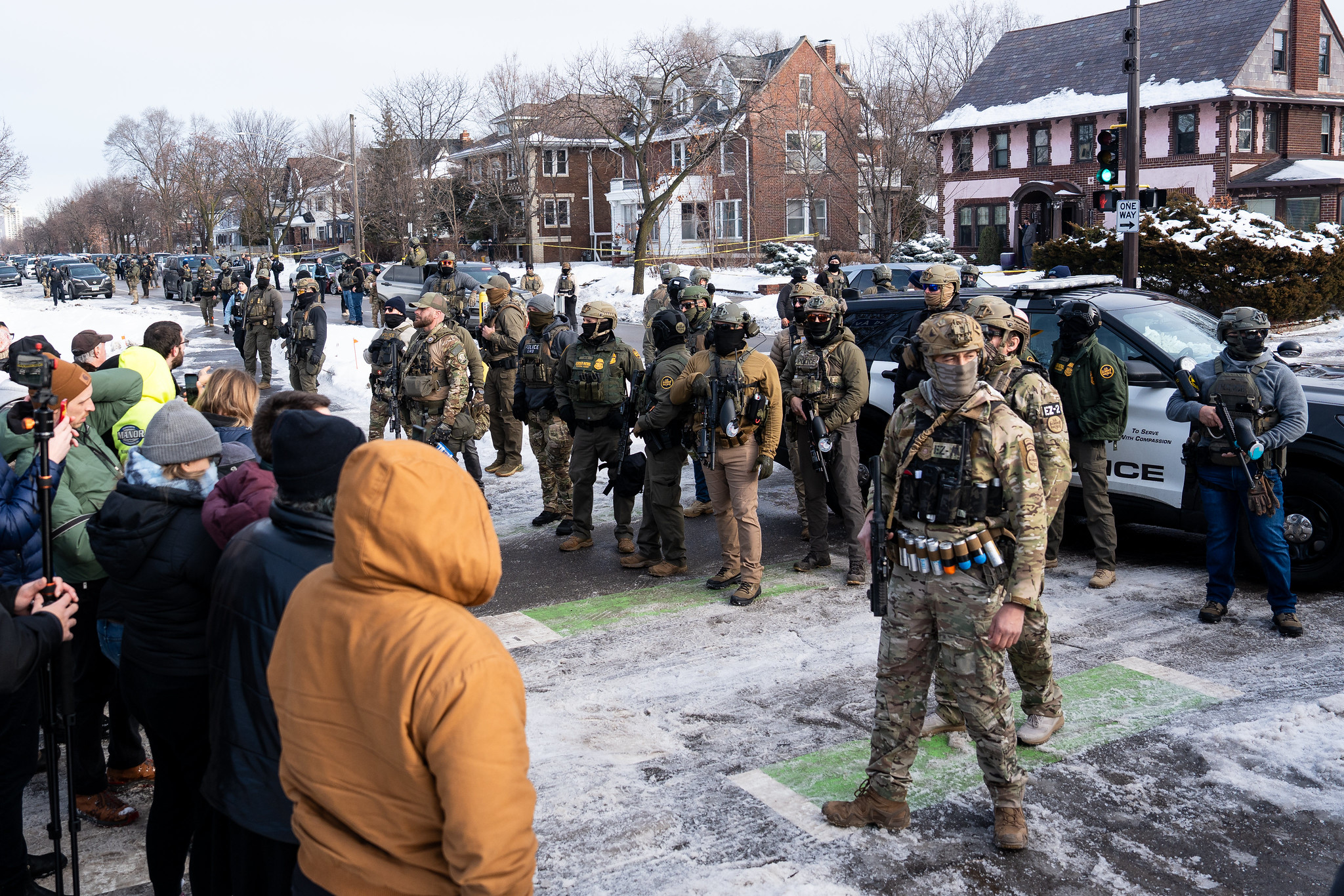The MBTA's Fiscal and Management Control Board (FMCB) passed a $2.35 billion operating budget at its Monday meeting that will restore transit service to pre-pandemic levels without any fare increases, thanks to a large helping of federal relief funds.
In addition to bringing back service, the new budget also funds a hiring spree to advance other longer-term initiatives.
The T plans to fill 440 new positions on its workforce in the coming year, including 97 more bus drivers, 71 new workers to operate Green Line Extension, and 98 new maintenance workers who can conduct more regular inspections and preventative maintenance work, one of the key recommendations of the agency's 2019 safety review panel.
The T also needs to back-fill 474 positions that are currently vacant thanks to pandemic-related attrition.
New Trains Still Sidelined
The T's new Red and Orange Line trains remain out of service, although Deputy General Manager Jeffrey Gonneville reported that a consensus is emerging about the causes of the March 16 derailment that sent one of the T’s new Orange Line trains off the rails near Wellington station.
Gonneville reported that an older track switch in the vicinity of the derailment deserves some of the blame for the incident. That switch was replaced this spring, as part of track work that had already been underway in the area.
But he also said that there are still issues with the new trains' wheel assemblies, particularly the "side bearer pads" that regulate rotational forces between the train cabins and their wheel truck assemblies when the trains go through curves.
"All parties agree, both the MBTA, our engineering consultant, and (the trains' manufacturer) CRRC, that the rotational force of the truck itself on the car is outside of the design limits, and we are all currently working on strategies to reintroduce these cars back into revenue service."
"I was hoping in this meeting to give everyone an update about when the cars would be going back into service. We are not quite there yet," Gonneville told the board. He promised another update at the FMCB's next meeting on June 21.
What's Next for T Governance?
Speaking of June 21, that meeting might be the last gathering of the current FMCB, which is set to expire at the end of the fiscal year (on June 30).
Regular Streetsblog readers might recall we told a similar story in May 2020.
Under the board's enabling state legislation, passed in 2015, the FMCB would have ceased to exist on June 30, 2020, and oversight was to revert by default to the MassDOT board of directors. In June, though, the state legislature gave the FMCB, with mostly the same members, one more year to work.
Lawmakers appear to have some interest in doing that again, and sustaining the FMCB in some form into the future. Earlier this year, Governor Baker proposed expanding the FMCB with two more members.
But nothing's a done deal, and over the course of Monday's budget discussions, several board members made remarks about "the future board" could carry on their work without them.
Low-income fare pilot in 2022
One item the current FMCB is leaving for future board members: a charge to implement a low-income fare pilot before the end of 2022.
Current FMCB Chair Joe Aiello introduced a resolution calling on MBTA staff to partner with a social services organization to design a 9-month pilot program that could offer discounted fares for low-income riders before the end of 2022.
Under the resolution, which passed unanimously, the pilot would be subject to approval by the T's future governing board later this fall.
Research suggests that transit fares limit mobility for lower-income households, and the current FMCB's members have shown a keen interest in improving equity for the T's riders, particularly as the T prepares to implement a new fare collection system.
In a press release following the meeting, the Transit Is Essential coalition praised the board's resolution.
"The Transit is Essential coalition deeply appreciates that the FMCB is prioritizing this critical issue in their final weeks before disbanding at the end of June," the group wrote.
All-door boarding could help buses run 4 percent faster
The board also heard an update from the T's "fare transformation" project team, which is designing a new fare collection system that would allow for more flexible payment options.
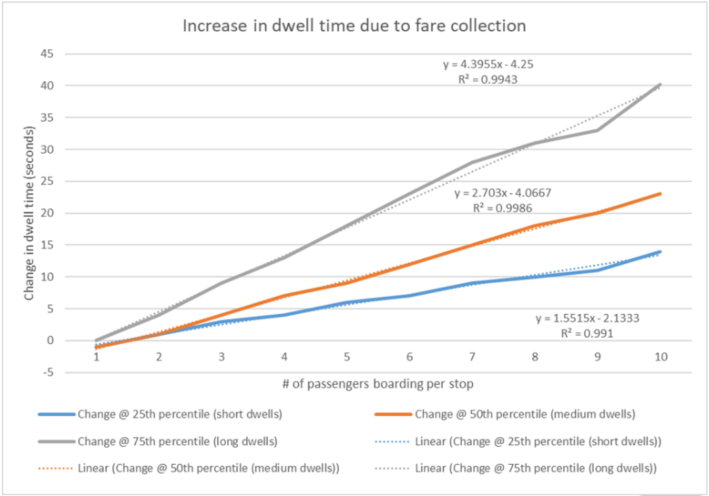
One of the chief benefits of the new system would be a "proof of payment" fare verification system that would speed up buses by ending cash transactions and allowing riders to board vehicles via any door, instead of lining up at the front of a bus or train.
Instead of swiping CharlieCards or paying with cash, riders would instead pay to ride by tapping small electronic fare validators with updated CharlieCards, or with payment apps on their mobile phones.
The T's hiatus from fare collection during the height of the pandemic last year offered the agency some real-world data on how much time buses could save with all-door boarding.
"Increasing service levels by a meaningful degree comes with significant costs – capital and operating, because we're already operating all the vehicles we have available," fare transformation staffer Adam Veneziano told the board. "All-door boarding can provide similar benefits, but without requiring those investments."
Veneziano reported that all-door boarding could reduce the duration of the average bus round-trip by 4 percent – in other words, if a bus today typically takes 100 minutes to drive from one end of its route to the other and back again, that same trip might only take 96 minutes with all-door boarding.
That might sound like a modest improvement, but if you multiply that time savings across every bus trip, every day, for every route, it adds up to real savings. The T estimates that it might save about $29 million a year in reduced operating and vehicle replacement costs with all-door boarding in place.
